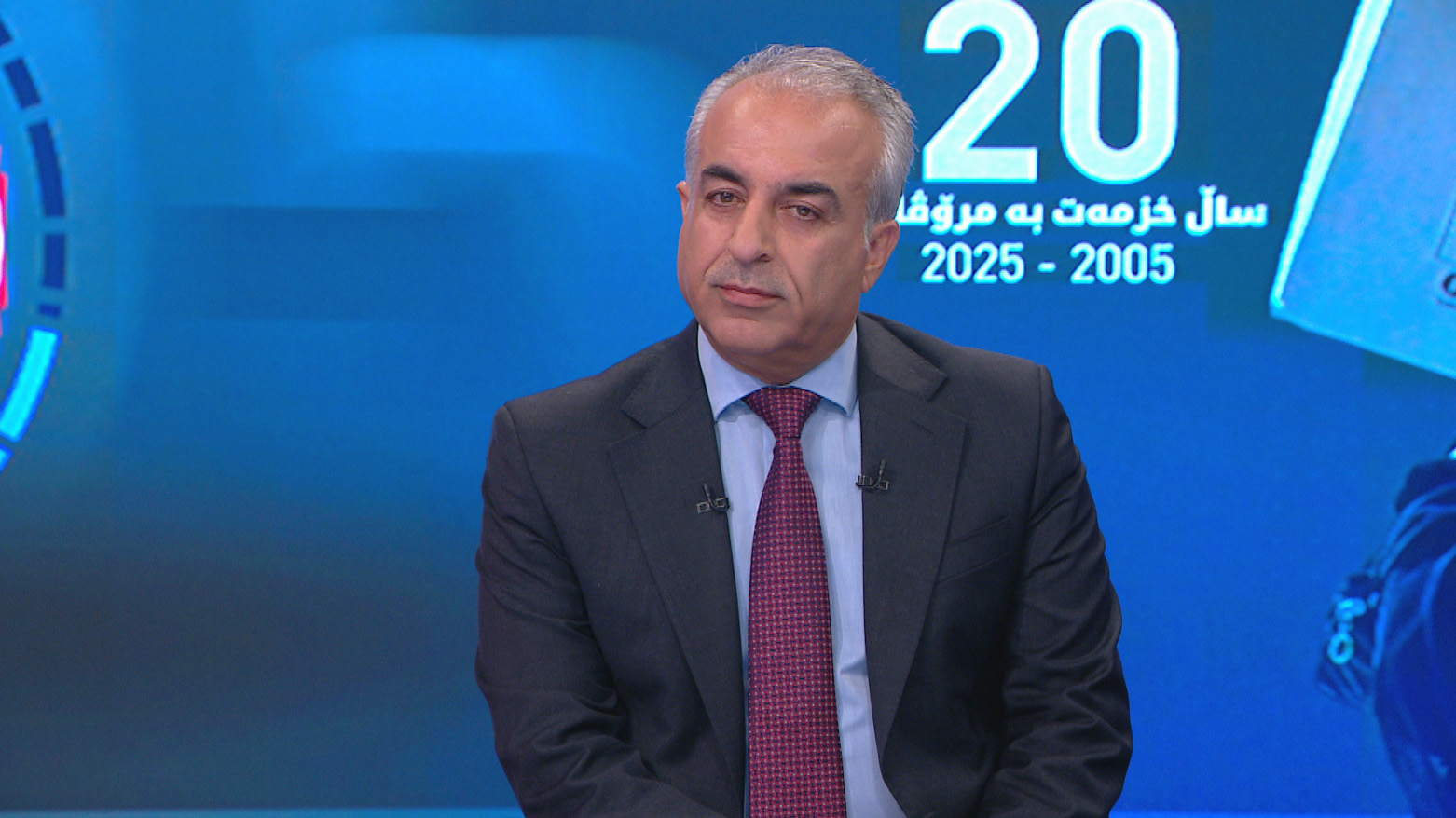Two Decades On, BCF Stands as Cornerstone of Humanitarian Aid in Kurdistan Region
The head of the Barzani Charity Foundation highlighted its pioneering role in Kurdistan's civil society, its unique philanthropic ethos, and its unwavering commitment to continue its diverse humanitarian work despite global challenges.

ERBIL (Kurdistan24) — The head of the Barzani Charity Foundation (BCF) has reaffirmed the organization's unwavering commitment to its extensive humanitarian work, highlighting its foundational role in shaping the civil society landscape of the Kurdistan Region and its resilience in the face of shifting global aid priorities. Musa Ahmed underscored the BCF's two-decade legacy of assisting the vulnerable and vowed that its multifaceted efforts will continue unabated.
During an appearance on a Kurdistan24 news broadcast on Monday, BCF head Musa Ahmed reflected on the organization's pivotal influence since its inception. "We have had a role in building the foundation of civil society work in the Kurdistan Region," he stated.
"Before the Barzani Charity Foundation was established, there were very few, if any, charitable organizations in the Kurdistan Region. But after our foundation was established, many other charitable foundations have been created that work similarly to us, helping the poor and the afflicted," he added.
Established in 2005, the BCF has grown to include more than eight main departments and has played a significant humanitarian role supporting victims of natural disasters and crises.
Ahmed emphasized the foundation's commitment to transparency and meticulous record-keeping, a practice that sets it apart. "We document all of our work and activities and annually send reports to the NGO Department in Iraq, the NGO Department in the Kurdistan Region, and all of our partners," he explained. "Unlike other charitable organizations and foundations that only keep their documents for five years, our foundation has preserved all its documents from its inception to the present day."
This comprehensive documentation chronicles the BCF’s extensive work, which has included providing assistance to hundreds of refugee and internally displaced persons (IDP) camps within the Kurdistan Region, across Iraq, and in other countries.
The BCF's work is deeply rooted in what its head described as a unique and innate generosity within the local culture.
"In the Kurdistan Region, there is a very beautiful philanthropic ethos, a culture of generosity," Ahmed noted. "In the context of our charitable work, we have visited many countries and participated in numerous conferences and debates. What we have in the Kurdistan Region regarding humanitarian work is certainly not found anywhere else in the world. This beautiful culture is historic and not something new."
Despite a challenging international climate where humanitarian focus has largely shifted to conflicts in Ukraine, Gaza, Sudan, and Syria, the BCF has maintained its vital global network.
"Despite the fact that Iraq and the Kurdistan Region are no longer in the primary zone for international aid as they were before... we have continued our relationships and coordination with international organizations and have not allowed those ties to be severed," Ahmed stated.
He also highlighted the BCF's broad scope as a key strength, noting that it operates as a humanitarian donor network in line with international standards. "Unlike other global charitable foundations, most of which work in one specific field, we work in more than 12 different areas, and we will continue to do so."
